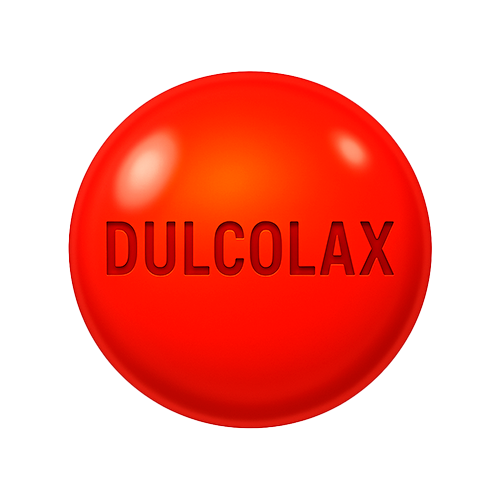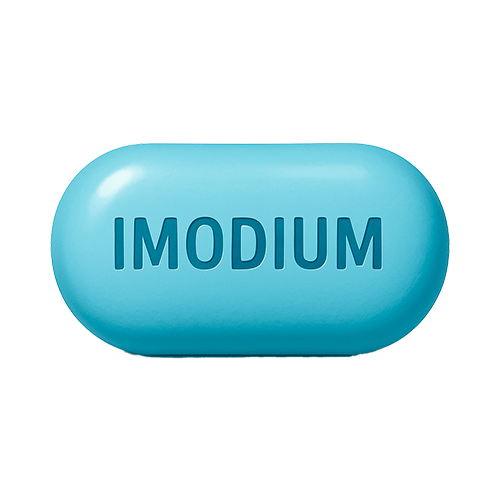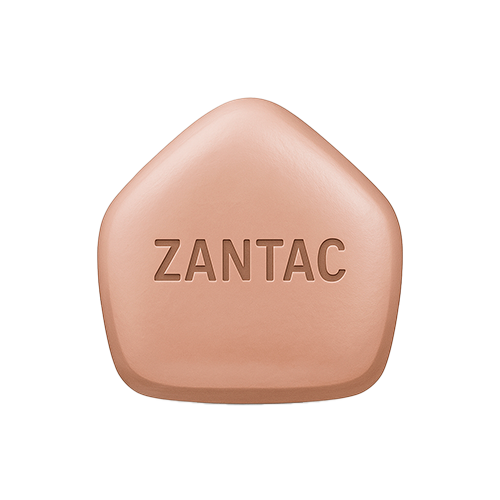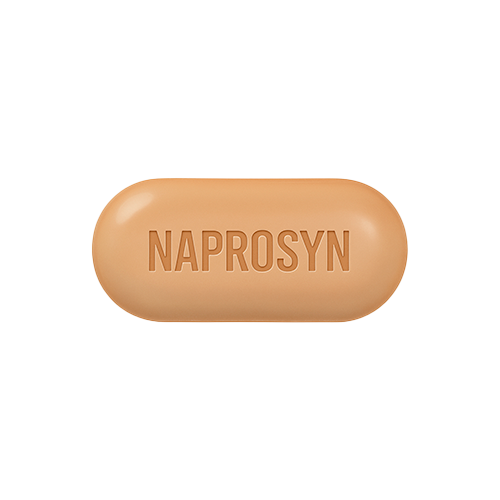How to Safely Buy Dulcolax in the USA
Where You Can Buy Dulcolax Safely
The safest way to buy Dulcolax is from well-known U.S. retailers and licensed pharmacies, including large chains, supermarket pharmacies, warehouse clubs, and reputable online stores that clearly list Dulcolax or bisacodyl as OTC laxatives.
You can also use trusted delivery platforms and pharmacy websites that offer pickup or home delivery from nearby stores, ensuring products come through official supply chains.
When buying online, prefer established pharmacy brands or platforms that clearly display product images, active ingredients (bisacodyl), dosage strength, and manufacturer information.
Avoid unfamiliar websites that offer extreme discounts, vague product descriptions, or no clear contact details, as these can indicate counterfeit or mishandled medicines.
How to Check if an Online Seller Is Safe
Even though Dulcolax is OTC, it is still wise to apply the same safety checks used for prescription medicines: choose sites linked to state-licensed pharmacies and, when possible, those recognized or recommended by reputable health organizations.
Safe pharmacy websites usually provide a physical U.S. address, a working phone number, and access to a licensed pharmacist who can answer questions about laxative use.
Be cautious of online pharmacies that sell many medicines with no safety information, do not show any licensing details, or appear on FDA warning lists for internet pharmacies.
If you are unsure about a website, you can use FDA’s BeSafeRx resources to check whether it meets basic requirements for legal and safe operation.
Using Dulcolax Safely After Purchase
Once you have bought Dulcolax, always follow the dosing instructions on the package or the patient information leaflet, and use it only for short-term constipation relief unless your healthcare provider advises otherwise.
Overuse or long-term daily use of stimulant laxatives like Dulcolax can lead to dependence, changes in bowel function, electrolyte imbalances, or other complications.
Do not take Dulcolax if you have severe abdominal pain, nausea, vomiting, or a sudden change in bowel habits lasting more than two weeks without medical advice.
If constipation persists despite proper use, or if you notice rectal bleeding or no bowel movement after using Dulcolax, contact a healthcare professional promptly for further evaluation.
Product Description
Dulcolax (bisacodyl) is a stimulant laxative classified as a prodrug, meaning it becomes active only after metabolic conversion in the body. Once it reaches the alkaline environment of the intestine, bisacodyl undergoes hydrolysis, releasing an active compound that stimulates the mucosa of the large intestine. This leads to increased secretion of intestinal fluids and enhanced peristaltic contractions, which help initiate bowel movements. When taken orally, Dulcolax typically begins working within 6 to 10 hours, making it ideal for overnight relief when used before bedtime. Its dual-route administration (oral or rectal) offers flexible and targeted relief from various forms of constipation.
Safety Information
Indications
Dulcolax is indicated for the relief of acute constipation and is especially helpful in cases of intestinal atony following prolonged bed rest, travel, dietary changes, or environmental shifts. It is also beneficial for elderly patients with reduced colonic motility, individuals with hypotonic bowel function, and patients requiring bowel evacuation prior to diagnostic procedures (such as X-ray or endoscopy), surgeries, or childbirth. In clinical practice, Dulcolax is frequently used when rapid and controlled bowel cleansing is necessary without excessive systemic absorption.
Mode of Application
Dulcolax can be administered orally (per os) or rectally (per rectum), depending on the urgency and nature of the condition. Adults are usually prescribed 1 to 3 enteric-coated tablets at night, or 1 to 2 suppositories inserted rectally for more immediate results. If additional relief is needed, a supplementary oral dose may be taken in the morning—ideally 30 minutes before breakfast. The typical adult dosage ranges from 5 mg to 10 mg per day. For children, the dosage must be determined individually based on age and clinical condition, and always under medical supervision.
Contraindications
Dulcolax should not be used in patients with intestinal obstruction, strangulated hernia, or acute inflammatory abdominal conditions such as appendicitis or diverticulitis. It is also contraindicated in cases of peritonitis, gastrointestinal or uterine bleeding, cystitis, spastic constipation, acute proctitis, acute hemorrhoids, and potassium deficiency. Patients with known hypersensitivity to bisacodyl or any inactive ingredients in the formulation should avoid use. Dulcolax should only be used after consultation with a healthcare provider, particularly in vulnerable groups such as the elderly or those with preexisting gastrointestinal conditions.
Side Effects
While Dulcolax is generally well tolerated, some users may experience mild to moderate side effects, particularly when the medication is used in high doses or for extended periods. The most common adverse reactions include abdominal cramping, spasms, and diarrhea, which may lead to dehydration or temporary electrolyte imbalance. Other gastrointestinal effects may include nausea, vomiting, colitis, rectal discomfort, or the presence of small amounts of blood in the stool. Neurological effects such as dizziness or fainting may occur due to a vasovagal response triggered by intestinal spasms or straining during defecation. In rare cases, hypersensitivity reactions such as angioedema or anaphylaxis have been reported. Patients experiencing severe or persistent side effects should seek immediate medical attention.











Reviews
There are no reviews yet.